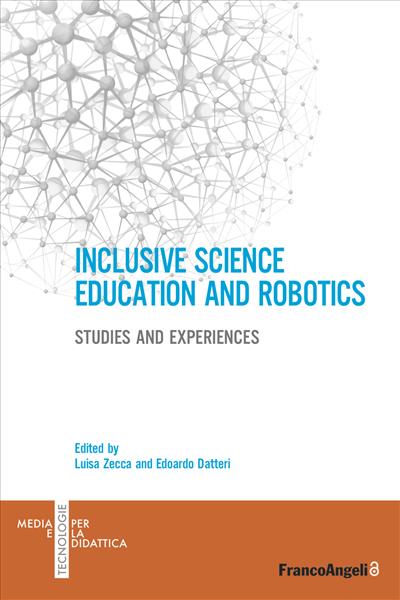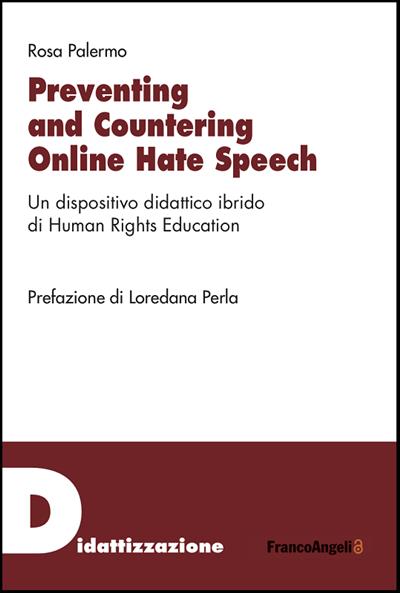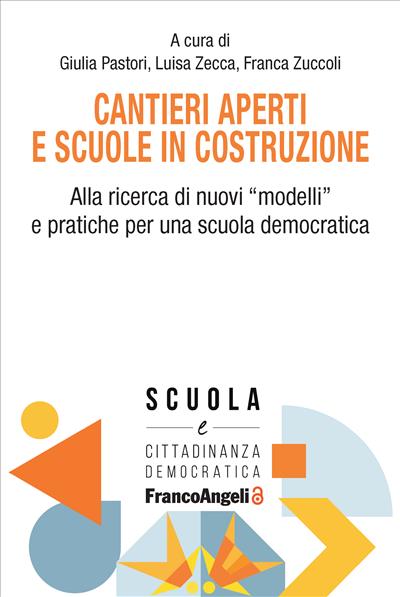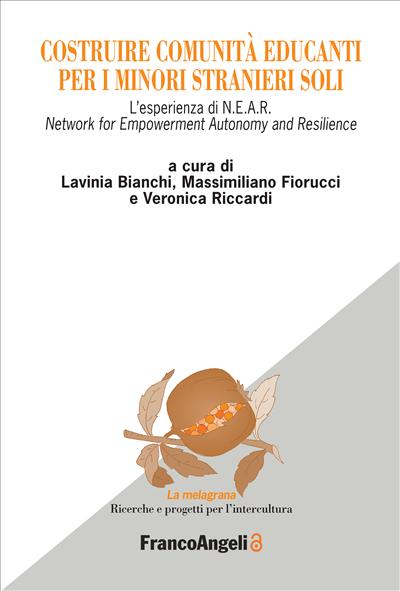
A cura di: Luisa Zecca, Edoardo Datteri
Inclusive Science Education and Robotics
Studies and Experiences
This book brings together contributions proposing studies and experiences which investigate the relationship between inclusive education and educational robotics, with particular reference to children and people with disabilities, with special educational needs or at risk of school dropping out.
Open Access
0,00
Open Access
0,00
Pagine: 214
ISBN: 9788835150640
Edizione:1a edizione 2023
Codice editore: 11096.14
Informazioni sugli open access




